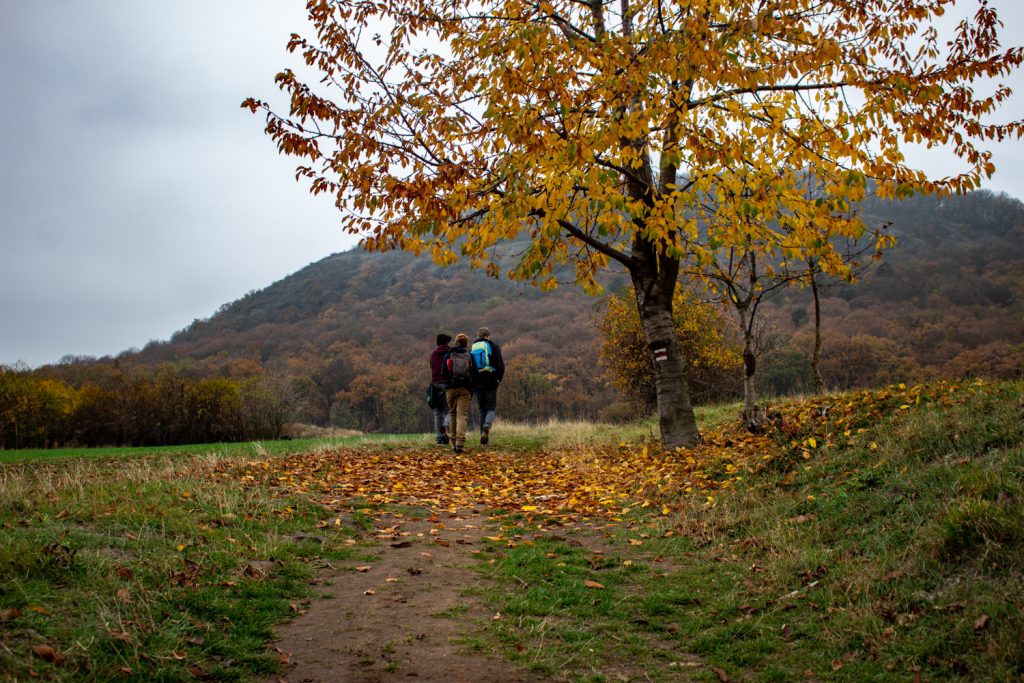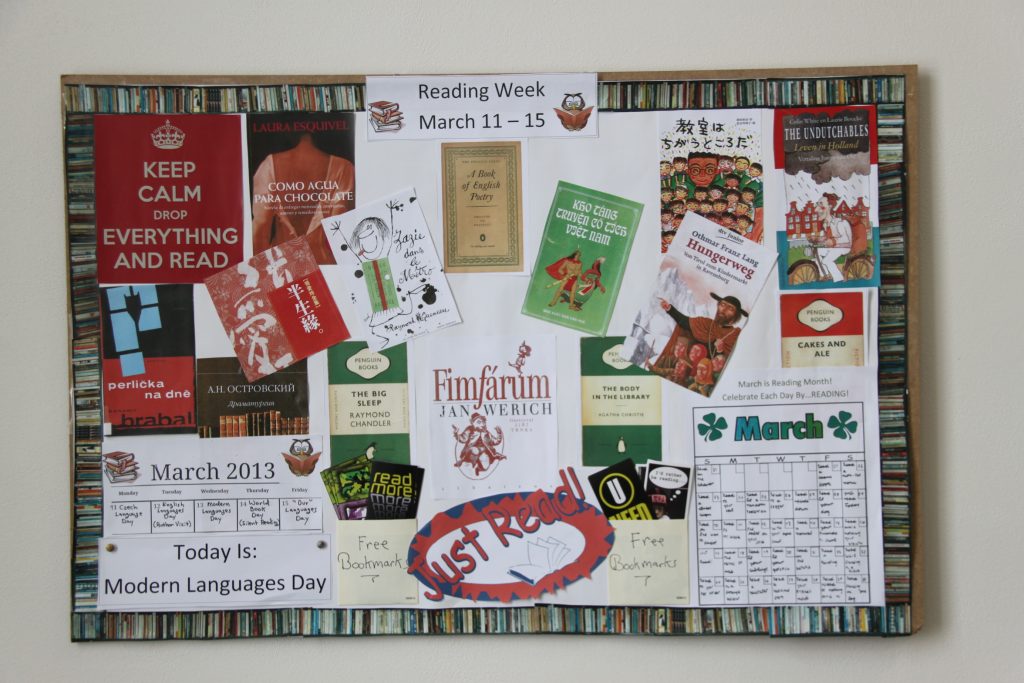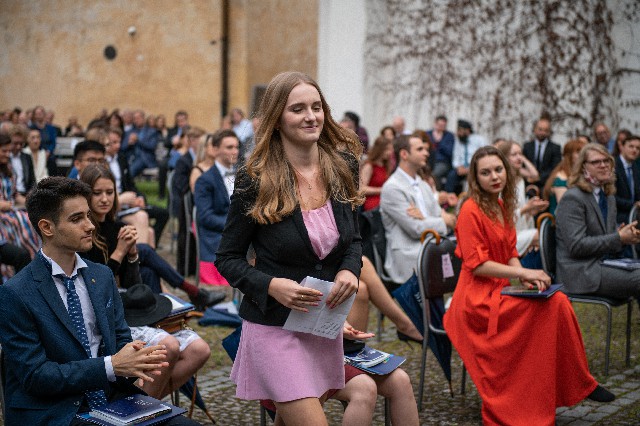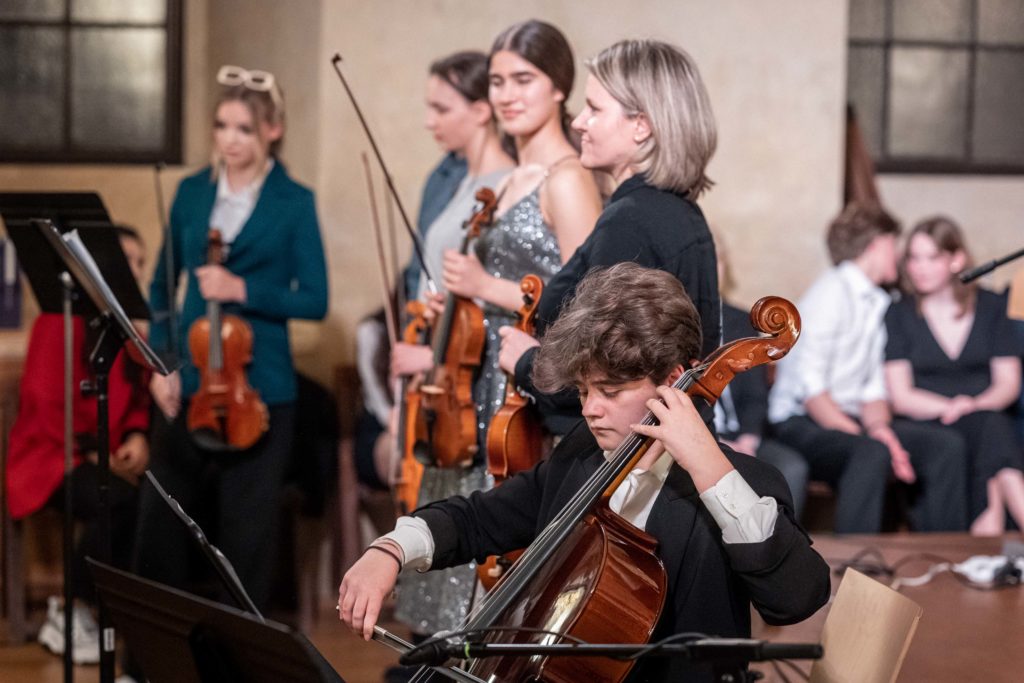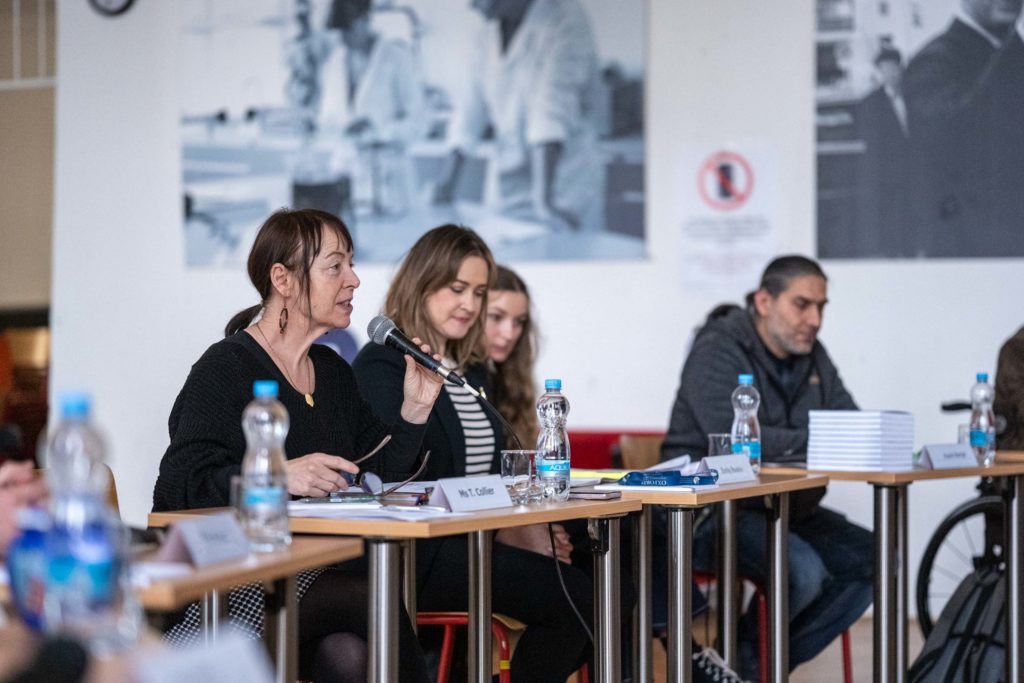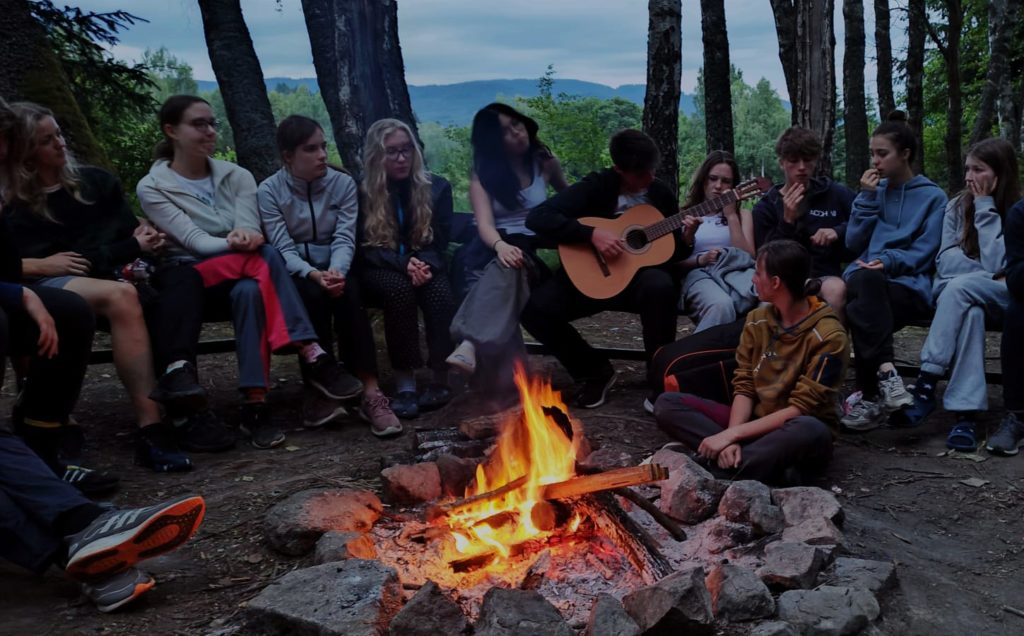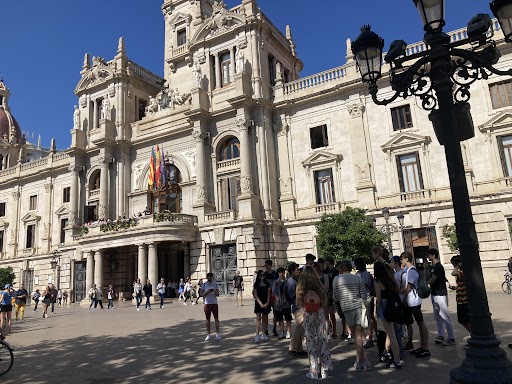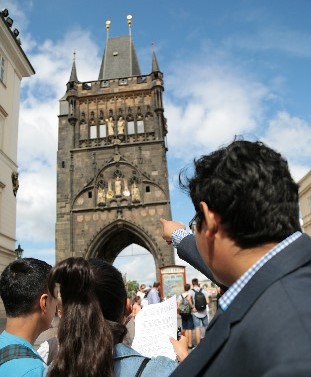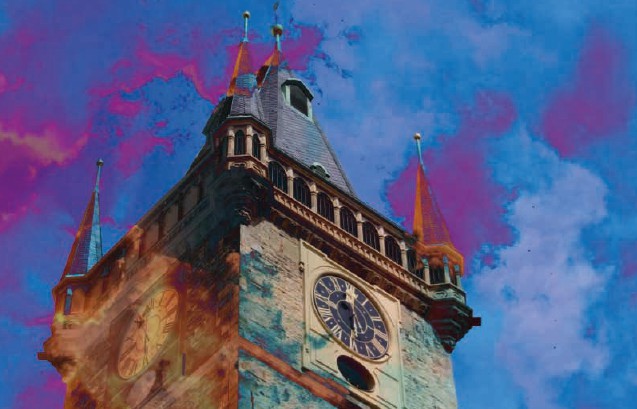The English College is an academic school and therefore effective teaching and learning is our priority. Teaching does not take place only in the classroom, but also elsewhere. Almost all Faculties organise educational trips in Prague – as part of Prague Programme – and also around the Czech Republic. This gives students an exceptional opportunity to connect what they have learnt in school with real life situations.
Czech
Every year, the Czech Faculty takes students on a literature trip, such as the Mácha or Karel Čapek Trip. Students visit the places connected with the author’s life, read texts written by or about the author; they read their correspondence, but above all, they discuss their unique life stories and the impact of their literary work. Discussions that take place in a beautiful natural setting have a very special flavour and make these trips unforgettable both for students and their teachers.
English
Whilst opportunities for English language and literature trips in Prague are limited, we take Year 1 students to the Old Town to research and produce brochures and guides for tourists. In October, students from Years 3-5 are invited to travel to the UK to attend the Cheltenham Literature Festival. Cheltenham celebrates the written and spoken word, presenting the best new voices in fiction and poetry alongside literary greats and high-profile speakers. It is a fabulous trip which gives students the opportunity to experience the regency spa town of Cheltenham as well as meeting some of the greatest contemporary thinkers and writers.
Arts
Various trips and excursions are organised by the Arts Faculty, under the Prague Programme. The faculty makes excellent use of the cultural institutions available in the Czech Republic and further afield. Trips in the Visual Arts have previously included Dresden, Vienna, Venice, Rome, Amsterdam and Paris – allowing students to enrich their cultural appreciation and expand their visual understanding by viewing both traditional and contemporary art forms.
Modern Languages
The Modern Languages Department organises different culturaltrips every year, usually one for each of the foreign languages we teach:
- A trip to Russia, normally in Term 1, visited either to Moscow or St Petersburg. It was a largely cultural visit because the students’ language skills were still at an elementary level. Under normal circumstances we would run this trip, however, due to the current climate, it is not possible. We hope this rich experience will be available for students in the future.
- A German trip to Berlin is organised for Year 3 students every year. This is a mixture of language and cultural activities, with students visiting the key tourist sites in the German capital. They learn a lot about German history, and it complements their studies of the First and Second World Wars as part of their History course.
- ECP has two language exchanges which run during the school year, one for French and one for Spanish. The partner schools’ students visit us in one term and we visit them in Nantes (France)/Valencia (Spain) the next. This is an excellent opportunity for our students to experience life in a French/Spanish family as well as host a student from a country where the language which they are studying is spoken.
Humanities
The Humanities Faculty organises a number of trips each year. These are mostly day trips to local places of interest, such as the annual visit to the Škoda factory, which is run by the Geography Department or our History students’ walking tour of renaissance sites in Prague city center.
Science
As an integral aspect of both the IB and Pre-IB courses, students monitor, analyse and evaluate conditions in several local ecosystems. They investigate how changing abiotic factors affect the abundance and diversity of local flora and fauna. This helps the development of their knowledge and understanding of human effects on ecosystems and inculcates a wider appreciation of both the fragility and resilience of natural systems.
:more programme
